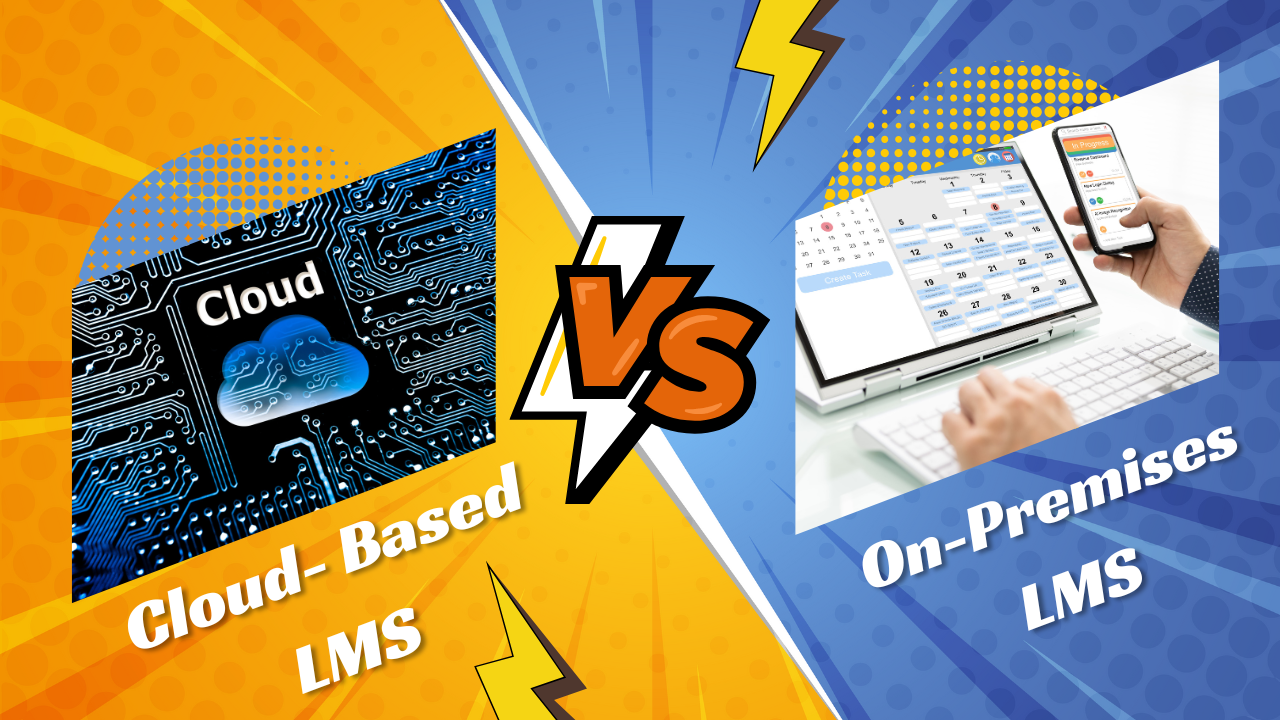Ensuring compliance with the FDA’s standards is crucial for industries regulated by the FDA, including pharmaceuticals, biotechnology, and medical devices. When it comes to training management and documentation, FDA compliance LMS becomes essential to maintain data integrity and meet regulatory demands. As a consultant experienced in FDA requirements, I’m here to break down how your LMS can effectively meet these standards, helping you understand what it takes to stay compliant with confidence.
Introduction to 21 CFR Part 11
21 CFR Part 11 is an FDA regulation governing electronic records and electronic signatures. For FDA-regulated industries, managing training, ensuring consistent processes, and safeguarding data integrity are top priorities—and compliance with 21 CFR Part 11 ensures that these processes meet rigorous standards.
Electronic records and signatures are widely used to streamline processes, especially in training, but they require specific safeguards. A FDA compliance LMS addresses these safeguards by implementing strict measures for data integrity, access control, and audit trails. This ensures that digital records and e-signatures hold the same weight as their paper-based counterparts.
What is 21 CFR Part 11?
21 CFR Part 11 is the FDA’s regulation covering electronic records and electronic signatures, intended to ensure that data remains trustworthy and reliable across all systems. Implemented in the late 1990s, this regulation was designed to adapt to the rise of digital technology in data management. In practical terms, it means any organization using electronic systems to manage documents and processes, especially in training, must implement checks and controls to prevent unauthorized access and data manipulation.
In a FDA compliance LMS compliant with Part 11, the focus is on:
- Data Integrity: Ensuring that records are accurate and accessible when needed.
- Traceability: Providing an audit trail for any changes made to documents or data entries, including who made the changes and when.
- Reliability: Guaranteeing that the system remains robust and operates as expected, even under FDA inspections.
Who Needs to Comply with 21 CFR Part 11?
Organizations that fall under the FDA’s jurisdiction must comply with 21 CFR Part 11. This includes:
- Pharmaceutical Companies: Managing records related to drug production, testing, and personnel training is critical.
- Biotechnology Firms: Strict documentation is necessary in the biotech industry for processes like genetic engineering and biomanufacturing.
- Medical Device Manufacturers: Training records, especially those involving device handling and safety protocols, must meet 21 CFR standards.
- Food & Beverage Manufacturers: Although food is not the primary focus of Part 11, those who handle dietary supplements or specific processing activities may need to comply.
Each of these industries benefits from an FDA compliance LMS because it can streamline training documentation and ensure adherence to FDA regulations. A compliant LMS adds a secure layer to electronic records, e-signatures, and training documentation, helping organizations meet their compliance needs seamlessly.
Role of an LMS in Ensuring Compliance
A well-designed FDA compliance LMS can be a cornerstone for organizations aiming to meet FDA 21 CFR Part 11 compliance standards. Here’s how a compliant LMS supports the three pillars of compliance: documentation, audit trails, and access control.
1. Documentation and Record-Keeping
An LMS can store training records electronically, reducing the need for manual paperwork. Additionally, a 21 CFR LMS ensures that each document or record is accurate, consistent, and readily available.
2. Audit Trails
Compliance with 21 CFR requires that every action within the system be traceable. A compliant LMS generates detailed audit trails that record when users access, modify, or delete records. These audit trails are essential for inspections, as they demonstrate that your organization maintains high data integrity standards.
3. Access Control
To prevent unauthorized access, an LMS aligned with 21 CFR Part 11 compliance includes access control features that restrict user permissions based on role. For example, only specific personnel may have permission to review and approve training documents, while others may only view or complete them.
By integrating these capabilities, an FDA compliance LMS acts as a safeguard against potential compliance risks, supporting your team in managing electronic records and signatures more effectively.
Risks of Non-Compliance
Failing to comply with 21 CFR Part 11 can lead to severe consequences, including:
1. Penalties and Fines
Non-compliance can lead to significant financial penalties from the FDA. In some cases, the FDA may impose daily fines until compliance is restored, impacting an organization’s financial stability.
2. FDA Inspections
Non-compliant companies are often subject to frequent FDA inspections, which can disrupt regular business operations and lead to further scrutiny. During these inspections, the FDA looks closely at documentation, data integrity, and traceability measures—making it crucial for companies to use a FDA compliance LMS.
3. Reputational Damage
Non-compliance with FDA regulations can damage your organization’s reputation in the industry, which may impact client relationships and public trust. Compliance with 21 CFR Part 11 showcases your commitment to quality and reliability, which is particularly important for FDA-regulated industries.
4. Operational Disruptions
Non-compliance may cause delays in product approvals, facility closures, or recalls, which can disrupt business operations. An LMS with 21 CFR Part 11 compliance can help minimize these risks, allowing organizations to operate smoothly and maintain a strong regulatory stance.
Conclusion
In summary, compliance with 21 CFR Part 11 is essential for any FDA-regulated organization, especially those handling critical processes such as training and certification. An FDA compliance LMS not only helps companies meet their regulatory obligations but also simplifies training management by implementing secure access control, audit trails, and robust documentation.
For organizations seeking a reliable solution, investing in an FDA compliance LMS ensures that electronic records and signatures meet the necessary standards for security and reliability. In the long run, this investment not only reduces compliance risks but also reinforces your company’s reputation for quality and integrity.










